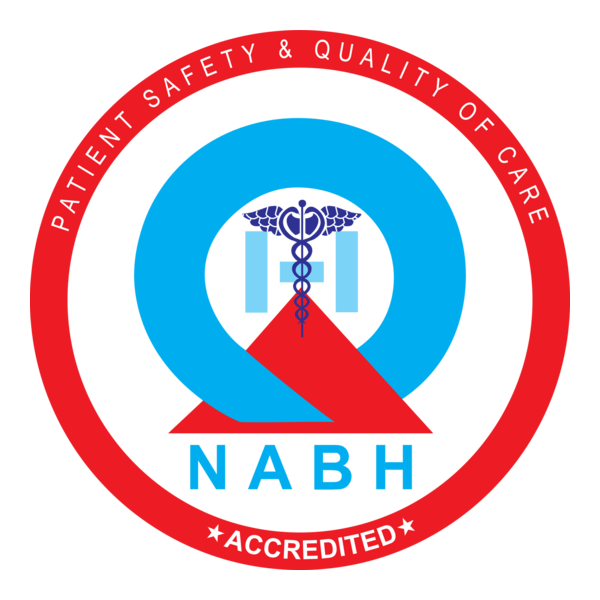Obstetrics
Obstetrics
Antenatal care is the care you receive from healthcare professionals during your pregnancy. This care can be provided by a team that can include a doctor, a midwife, and usually with a doctor who specialises in pregnancy and birth (an obstetrician). The person providing the care can depend on where you live e.g in some rural areas all care including delivery is provided by the doctor.
Healthcare services
Pre-pregnancy assessment and counseling
Immunization during pregnancy, that is the administration of a vaccine to a pregnant woman, is not a routine event as it is generally preferred to administer vaccines either prior to conception or in the postpartum period. When widespread vaccination is used, the risk for an unvaccinated pregnant patient to be exposed to a related infection is low, allowing for postponement, in general, of routine vaccinations to the postpartum period. Nevertheless, immunization during pregnancy may occur either inadvertently, or be indicated in a special situation, when it appears prudent to reduce the risk of a specific disease for a potentially exposed pregnant woman or her fetus.




Healthcare services
Pregnancy management, antenatal care and confinement
Birthing is the act or process of giving birth to offspring. The intensity of labour pain may vary from woman to woman. During pregnancy, you can take your own decision as to where you would like to give birth, whether in a hospital or in a birth centre setting. The birth centre may be a best option for women with a low risk pregnancy who have chosen to go for natural birth. But, if you have preeclampsia, diabetes, or expecting twins, birth centre may not be an option.
At the birth centre, early screening and prenatal care is provided to monitor well-being throughout your pregnancy. In a birth centre, natural childbirth is the prime focus. During a natural birth, you can go through labour and delivery without any pain relievers or epidural anaesthesia. There will be minimal medical interventions such as foetal monitoring or episiotomies performed. You will be free to move around in labour and get into positions that are most comfortable for you. Techniques such as hydrotherapy, massage, warm and cold compresses, and visualisation and relaxation are frequently used and you are generally able to eat and drink as and when you desire.
Healthcare services
Operative obstetrics, caesarean section
Cesarean delivery is defined as the birth of a fetus through incisions in the abdominal wall (laparotomy) and the uterine wall (hysterotomy). This definition does not include removal of the fetus from the abdominal cavity in the case of rupture of the uterus or in the case of an abdominal pregnancy. Cesarean section is defined as delivery of an infant, alive or dead, through an abdominal uterine incision.




Healthcare services
Postnatal care
Prenatal care helps decrease risks during pregnancy and increases the chance of a safe and healthy delivery. Regular prenatal visits can help your doctor monitor your pregnancy and identify any problems or complications before they become serious.
Babies born to mothers who lack prenatal care have triple the chance of being born at a low birth weight. Newborns with low birth weight are five times more likely to die than those whose mothers received prenatal care.
Prenatal care ideally starts at least three months before you begin trying to conceive. Some healthy habits to follow during this period include:
Quitting smoking and drinking alcohol
Taking folic acid supplements daily (400 to 800 micrograms)
Talking to your doctor about your medical conditions, dietary supplements, and any over-the-counter or prescription drugs that you take
Avoiding all contact with toxic substances and chemicals at home or work that could be harmful



